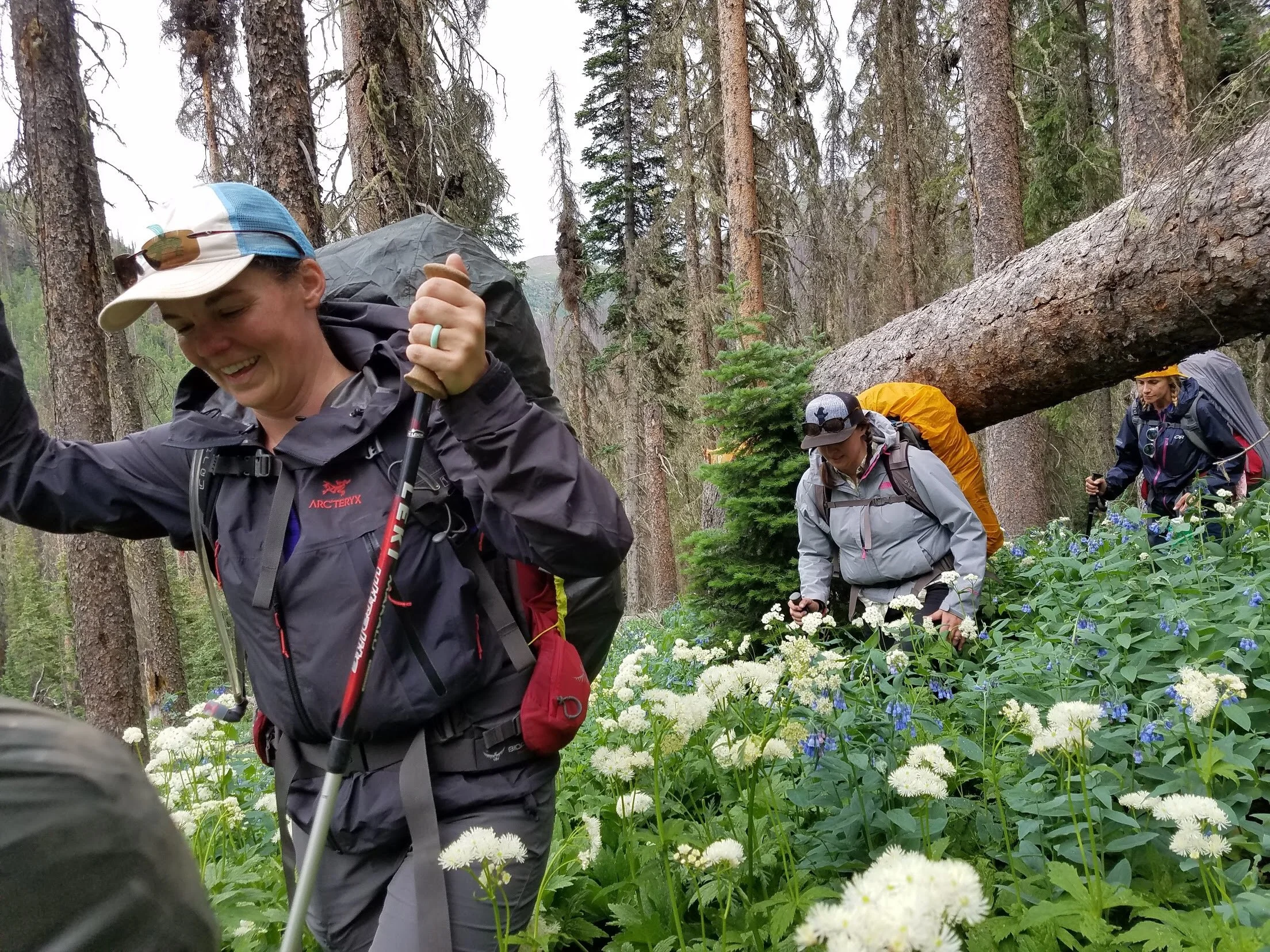Why Leave No Trace Matters
No matter where you are or what activity you’re participating in, humans have the power to impact the world around us in a spectrum of ways. While a small impact may seem insignificant to us, it can have a cumulative impact for the long-term on the flora and fauna of that place.
Whether river, ocean, desert, forest, peak, or local park, Leave No Trace is a practice in making minimal impacts for maximum preservation. Nobody wants to show up to a park or a trail to find the leftover trash from people who visited before. Likewise, there are few things more passively destructive than people walking around mud puddles on trails, creating ever-expanding pathways that destroy plants.
The 7 Principles of Leave No Trace are the foundational framework of the concept. And while these principles are the steps we can take to take care of the environment we love to play in, they’re also great for our own adventure preparation - they really go hand-in-hand.
Plan Ahead and Prepare: This minimizes the need to extraneous impacts while also making your adventure go more smoothly.
Travel and Camp on Durable Surfaces: Minimal impact and more safety for you/your campsite, too. This goes for biking and driving on trails, too. While the desert looks tough, the surface is delicate and your tire tracks will likely be there for decades simply because you wanted to take a shortcut.
Dispose of Waste Properly: Pack it in, pack it out. Leave it better than you found it. But this practice also keeps wildlife from becoming a nuisance - or a danger - and potentially saves wildlife lives. If human waste is a question, find out what the area you’re visiting requires/requests before heading out so you have a plan and supplies.
Leave What You Find: And take only pictures. We know this one can be tough if you find that cool flower or perfectly heart shaped rock, but it’s an important one. This, among many other heavy impacts, are more important now in the covid/post-pandemic era as featured in this article by National Geographic.
Minimize Fire Impacts: On a large scale, we’ve seen the devastating impacts of human-made fires gone rogue as western wildfire have grown over the last several years. But on a small scale, say in your local campsite, keeping that footprint small (or even non-existent) can make a difference. Keep it in a fire ring, only use dead fallen wood (or purchase it from the campground), or use a contained device of your own.
Respect Wildlife: this goes without saying. Wildlife isn’t there for our entertainment or epic social media shots. They're wild, even if they’re somewhat used to human presence. Respect their space and their habitat and your adventure will be much more pleasurable!
Be Considerate of Other Visitors: trail etiquette, loud music, quiet hours, engines and generators, and more. Of course there’s a time and place for most of that, but empathy and kindness go a long way for everyone to enjoy their time outdoors and to feel comfortable in that setting.
Leave No Trace practices are an exercise in developing habits with our outdoor recreation. They keep the places we love healthy and able to be enjoyed for generations into the future, especially with larger numbers of people heading outside than ever. Let’s work together to make a difference!
